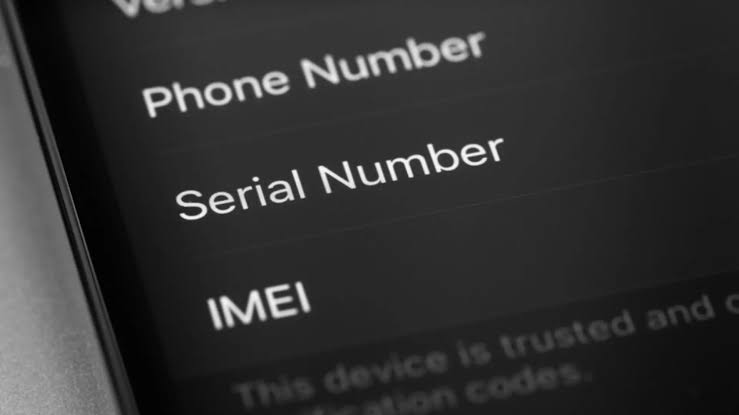The Kenya High Court delivered a landmark ruling on Friday, July 18, blocking the government’s scheme to enforce mandatory IMEI registration for all mobile phones in the country.
The court declared the directive unconstitutional, halting plans that required every mobile device user and importer to submit their unique International Mobile Equipment Identity (IMEI) numbers to a government database.
IMEI registration: A threat to privacy rights
The government had pushed the scheme through notices by the Communications Authority of Kenya (CA) and Kenya Revenue Authority (KRA) in late 2024.
The policy mandated device registration starting January 2025, threatening disconnection for users who failed to comply.
Officials framed the move as a measure against counterfeit phones and tax evasion. But critics warned it would open the door to unchecked monitoring of individuals’ communications and movements.
The court agreed with privacy advocates, highlighting mass surveillance risks without proper oversight.
Justice Chacha Mwita emphasised that the policy violated Articles 24 and 31 of the Kenyan Constitution, which protect citizens against lawless restrictions and invasions of privacy.
He said the collection of IMEI data, which identifies a phone’s location and communication history, was a disproportionate state intrusion.
Defending digital privacy and individual freedom
The petition, filed by the Katiba Institute, argued that the government overstepped its legal authority by attempting to create a centralised IMEI database.
The ruling struck down the public notices, labelling them “not anchored in any law.”
The High Court underscored the grave dangers of linking device identifiers with subscriber information: “This move could enable state surveillance on a scale never before seen in Kenya,” warned privacy experts.
Millions of Kenyans now retain the right to use mobile devices without fear of invasive government tracking.
This decision has been hailed as a significant win for digital rights and personal freedom.
It prevents the establishment of what critics described as “building blocks for an Orwellian surveillance state.”
Mobile users can continue to access networks without mandatory device registration.
With privacy concerns increasingly shaping technology policies globally, Kenya’s court sends a strong message against unchecked data collection and surveillance.
The High Court ruling protects mobile users’ privacy and reaffirms the need for government actions to be lawful, necessary, and limited in scope.
















